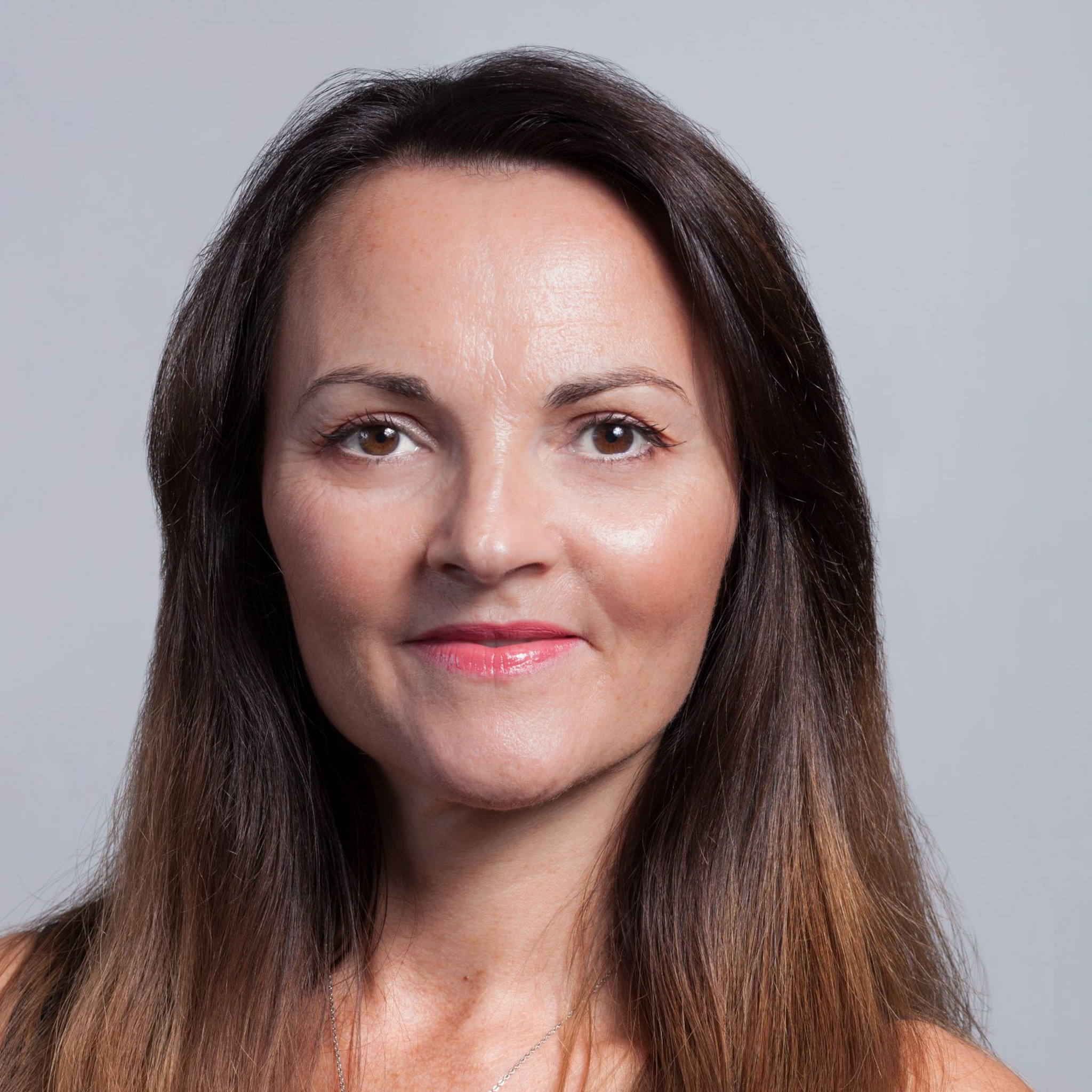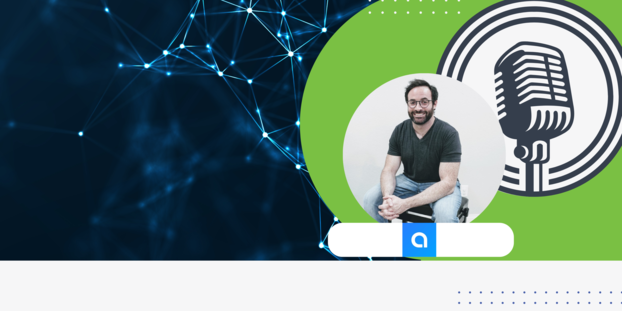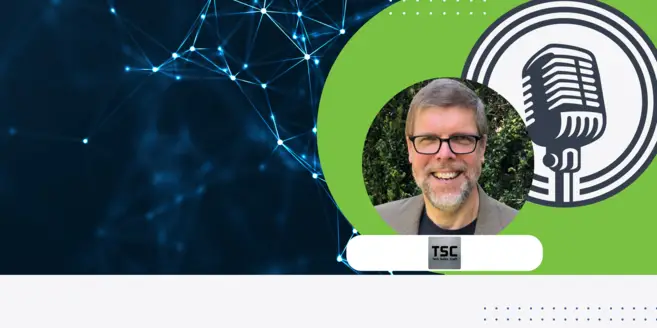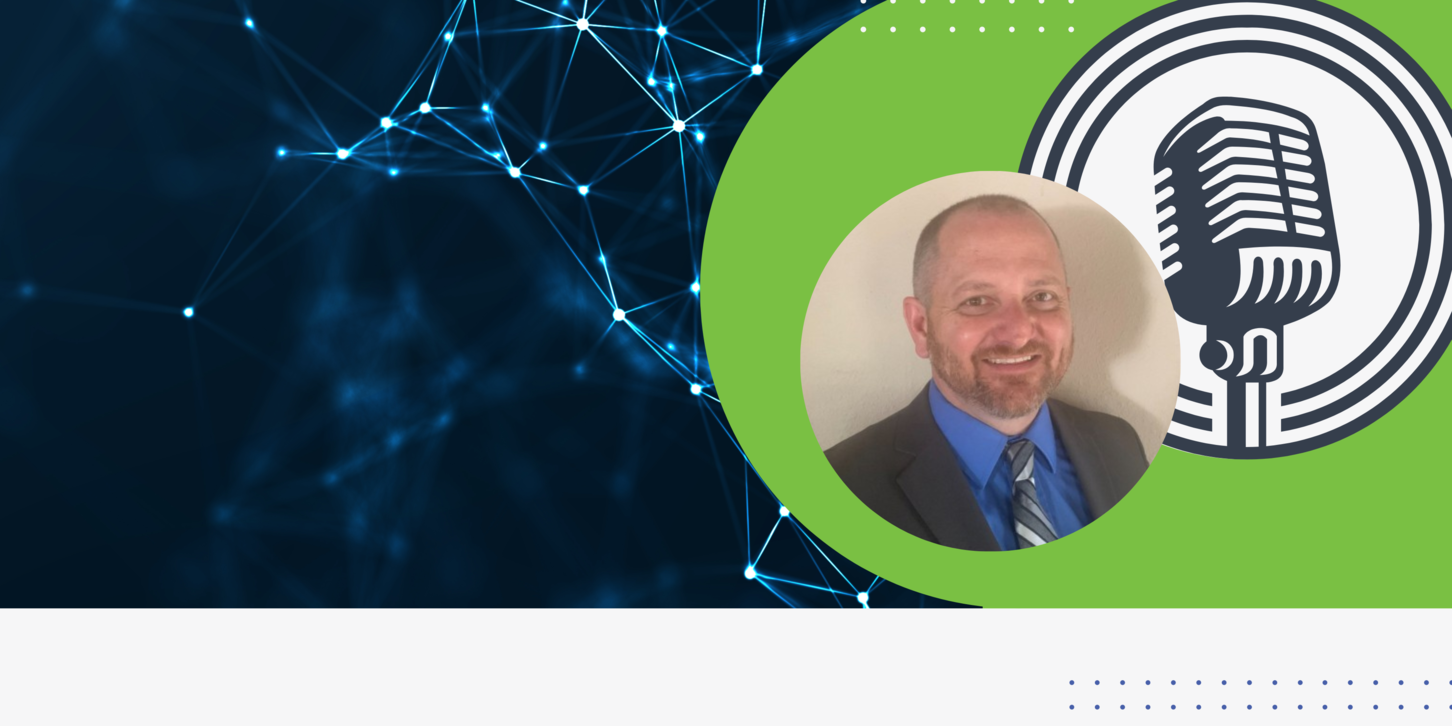
Meet our Mental Health champion: Rhonda
14 Jul, 20233 minsAt Hamilton Barnes, our people are at the centre of everything we do – after all, they are o...
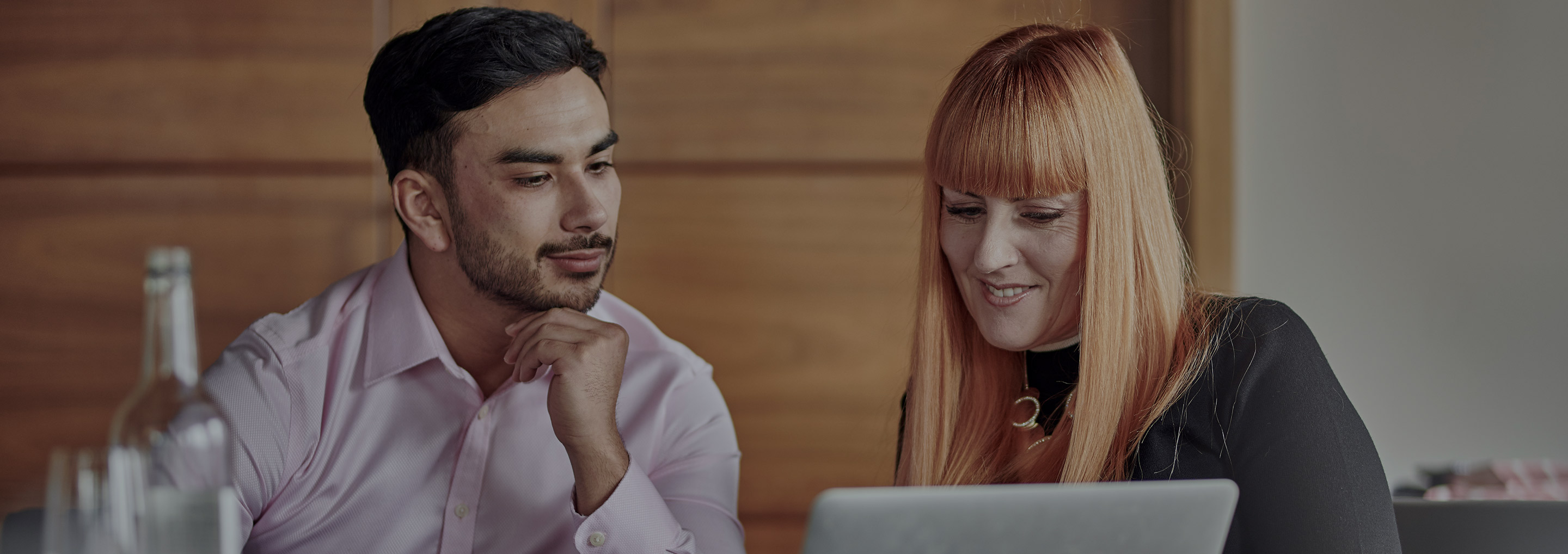
At Hamilton Barnes, our people are at the centre of everything we do – after all, they are our greatest asset. Our Head of Wellbeing, Rhonda D’Ambrosio, is working hard behind the scenes to make sure that our amazing employees are supported and that their wellbeing is always high on the agenda.
Rhonda has herself worked in recruitment and has over 25 years experience working across specialist technology, human resources and business support recruitment.
As a FREC accredited recruitment professional and qualified performance coach, she supports the growth of organisations through strong culture, engagement, robust processes, continuous learning and people development, working with business leaders to improve employee mindsets.
In 2019 she also founded Mental Health In Recruitment, a not-for-profit aimed at driving positive change to the understanding of how mental health is viewed, discussed and supported in the industry.
We sat down this Rhonda to speak about her role, recruitment generally and ask her, ‘Why Hamilton Barnes?’
How did you start working with Hamilton Barnes?
My relationship with Hamilton Barnes happened very organically as I had worked with co-founder Nick at a previous organisation. Not long after Hamilton Barnes was founded, Nick brought me in to support the team with training, learning and growth.
Being involved at that time meant that I was there to experience Hamilton Barnes’s early stages of growth and I have witnessed the company going from strength to strength. Many of the team members that I worked closely with at the beginning of their careers are now leaders and it has been wonderful to follow their journey.
Nick and George have always recognised the importance of ensuring that their colleagues are given the space and tools to build resilience, but the pandemic really did bring the significance of resilience and mental health to the forefront.
Remote working brought its own set of challenges and not everyone was able to stand back and gain perspective on any issues they were facing. In an office environment you can mentally (and physically) leave to reframe your mindset, but for many working from home this simply wasn’t possible, which at times, was damaging their mental health. When the team was unable to process challenges in the office, it made the support that I could offer all the more crucial.
So, what exactly is your role?
I work closely with Nick and George in developing and advising on mental health and wellbeing strategies, but my primary role is to support the team. I come into the office at various points through the month and employees are able to book one-to-one sessions with me. These slots go very quickly, a sign that the time I can give them is valuable! I also sit down with every new hire to perform values-based interviews where I get to know them, their values, motivations and drivers.
These meetings have no set agenda. It’s simply about creating a safe space for team members to speak about whatever they would like. None of the employees report to me, which helps to build a sense of trust and reassurance that the meeting runs completely independently to anything to do with their performance. This is time for them to work through any issues and use me and my experience as a sounding board to facilitate their own thinking. I do not come in and tell them that they need this or that; it is never a prescriptive service.
This opportunity to voice any concerns, whether that be professional or personal, enables us to discuss steps to work through the problem. The challenges being faced are often manageable but if ignored can build up over time and impact our wellbeing.
We identify and work through these concerns through a coaching tool I created called ‘Titanic Thinking’; problems may arise in separate compartments of our lives (personal life, work life etc) but if they are not dealt with, these can easily spill over into other aspects and become overwhelming. There are simple steps that employers and employees can take to nip problems in the bud, such as being able to identify some of the tell-tell signs that someone is struggling, and what to do about it.
My background in recruitment makes me uniquely positioned to provide guidance that is grounded in experience. I am not just guessing what it is like to be in their position – I know, I’ve been there. I understand the buzz and appeal of a competitive environment and what mindset it requires, which has also given me a good idea of the types of challenges they are likely to be facing. My frameworks are non-invasive and I’m here to improve individual quality of thinking, but I can also signpost to extra support.
Hamilton Barnes has really high people retention rates, why do you think that is the case?
The team is eager to constantly learn and grow. A lot of the work I do is around having an open view to the world, cultivating a love of learning and establishing a growth mindset.
Carol Dweck, Stanford Professor of Psychology and one of the world’s leading researchers on motivations and mindset, describes growth mindset in the following way: “people believe that their most basic abilities can be developed through dedication and hard work – brains and talent are just the starting point. This view creates a love of learning and a resilience that is essential for great accomplishment.”
The point is that people are never the finished article and there is always more that can be achieved through dedication. It can be easy to think that personal development is something that just happens to you, but what is often overlooked is that individuals have to want to work on themselves.
To be successful, people must truly commit to their personal development and show a willingness to put the work in. The team at Hamilton Barnes always surprises me with its openness and willingness to absorb new information, while individuals are keen to dedicate the energy necessary to grow – it’s something I really admire.
Why have you stayed at Hamilton Barnes?
It boils down to the people and feeling like you belong. As a freelancer – it’s rare to have a sense that you belong anywhere, it is easy to lose any sense of belonging and you don’t always receive recognition for what you do. But Hamilton Barnes has always made me feel like a valuable addition to its team.
It is the only recruitment company I’ve worked with where I sit down with every single new team member and consistently with the whole business. I feel very privileged to know everyone on a personal level and humbled that so many allow me to get to know the individual behind the persona. I have a real admiration for people who show vulnerability, and who are willing to look hard at themselves and work on being a better version.
I’m committed to working long-term with Hamilton Barnes because I believe in what the company is trying to build. I am firm believer of the value of surrounding yourself with the right people and anyone who makes you smile. By helping them to flourish and giving people space to open up, engagement increases, and you subsequently get so much more from them. It’s better for them and better for business.
Find out more about Rhonda’s work by visiting her LinkedIn profile and checking out her not-for-profit Mental Health In Recruitment. Want to join our team? We’d love to hear from you – reach out today.

